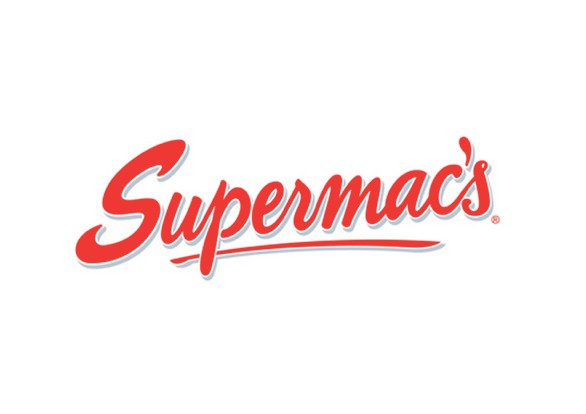Data request
Supermac’s fast-food restaurant is refusing to provide a copy of CCTV footage on foot of a personal data request made under the GDPR. The GDPR gives individuals the right to request a copy of any of their personal data, which includes CCTV, containing their image.
In limited circumstances a data controller may refuse to comply with the access request where it is manifestly unfounded or excessive. This is a high threshold. There are very few cases where a controller could justify a refusal of a request on this basis.
Supermac’s is refusing to provide the personal data because the individual making the request has brought a personal injuries claim against the restaurant. Supermac’s is relying upon a High Court judgment of Mr Justice Barr.
High Court judgment
In the case of Dudgeon v Supermacs [2020] IEHC 600, Mr Justice Barr refused a plaintiff’s application for CCTV by way of a discovery application. The judge found that the in this case the discovery sought only goes to the issue of credit in relation to the plaintiff’s account of the accident, that is, whether he was telling the truth. The judge concluded that he satisfied that it is inappropriate for a party to obtain discovery of documents or other material on such a basis.
Data Protection Commission
In commenting on the above court judgment, the Data Protection Commission has stated that there is a difference between access for personal information under the GDPR and discovery applications in litigation. It has stated that “unless a restriction under the GDPR or relevant data protection legislation can be relied upon, a data controller is still required to fulfil access requests in relation to CCTV footage”.
Supermac’s is claiming that the release of the CCTV footage will give the plaintiff in the personal injuries action an unfair advantage and is calling upon the courts to protect businesses. However, breaches of the GDPR can result in the Data Protection Commission issuing fines of up to €20,000,000, or potentially, up to 4% of the total annual turnover, whichever is higher.
*In contentious business, a solicitor may not calculate fees or other charges as a percentage or proportion of any award or settlement.*

